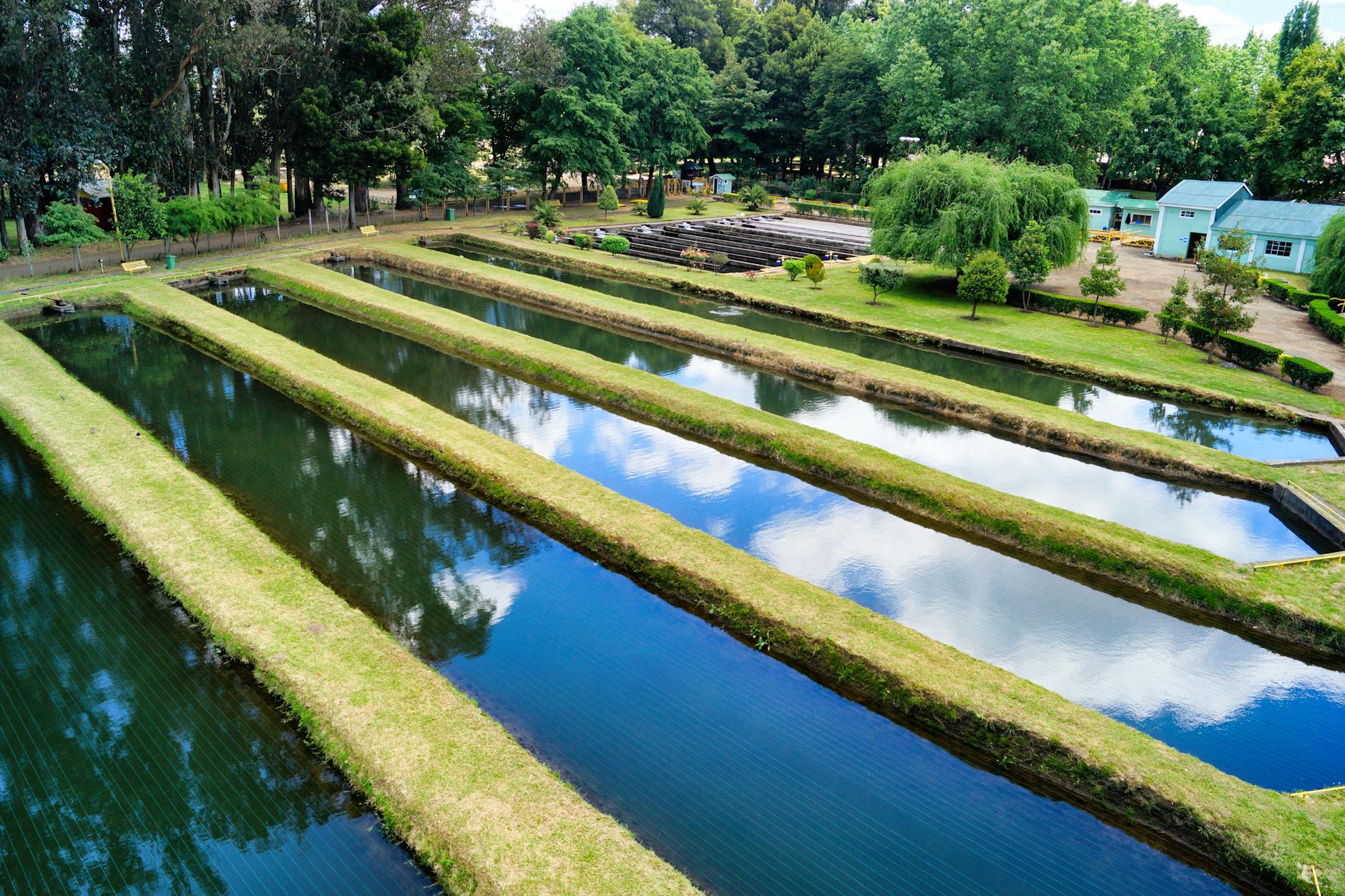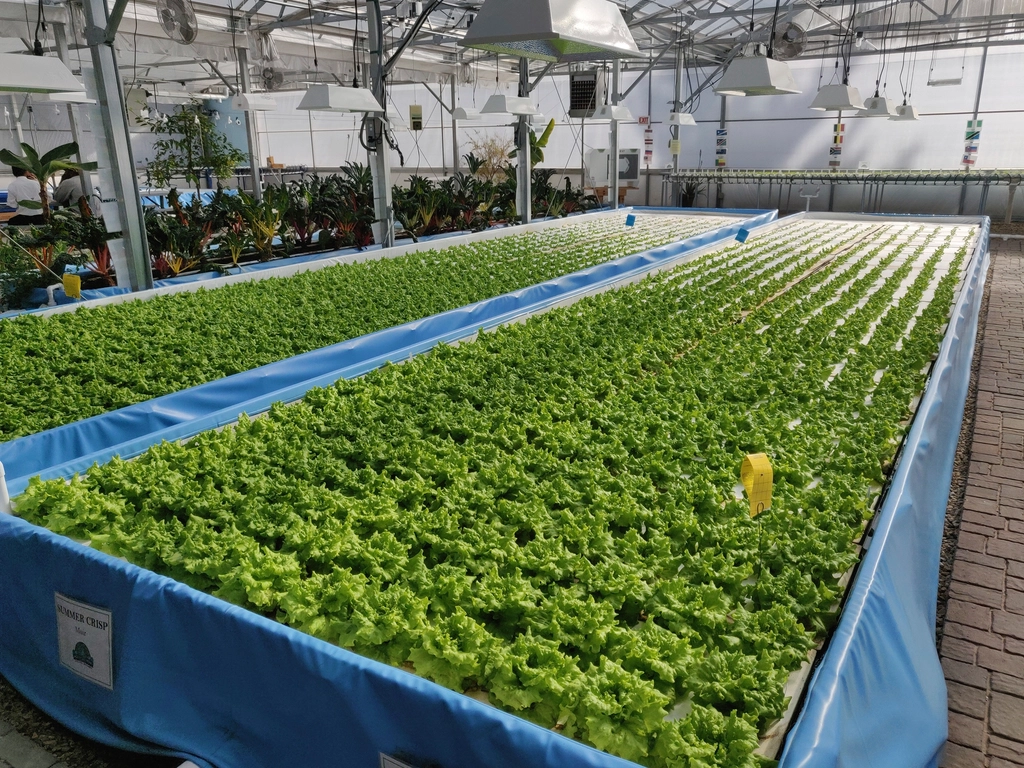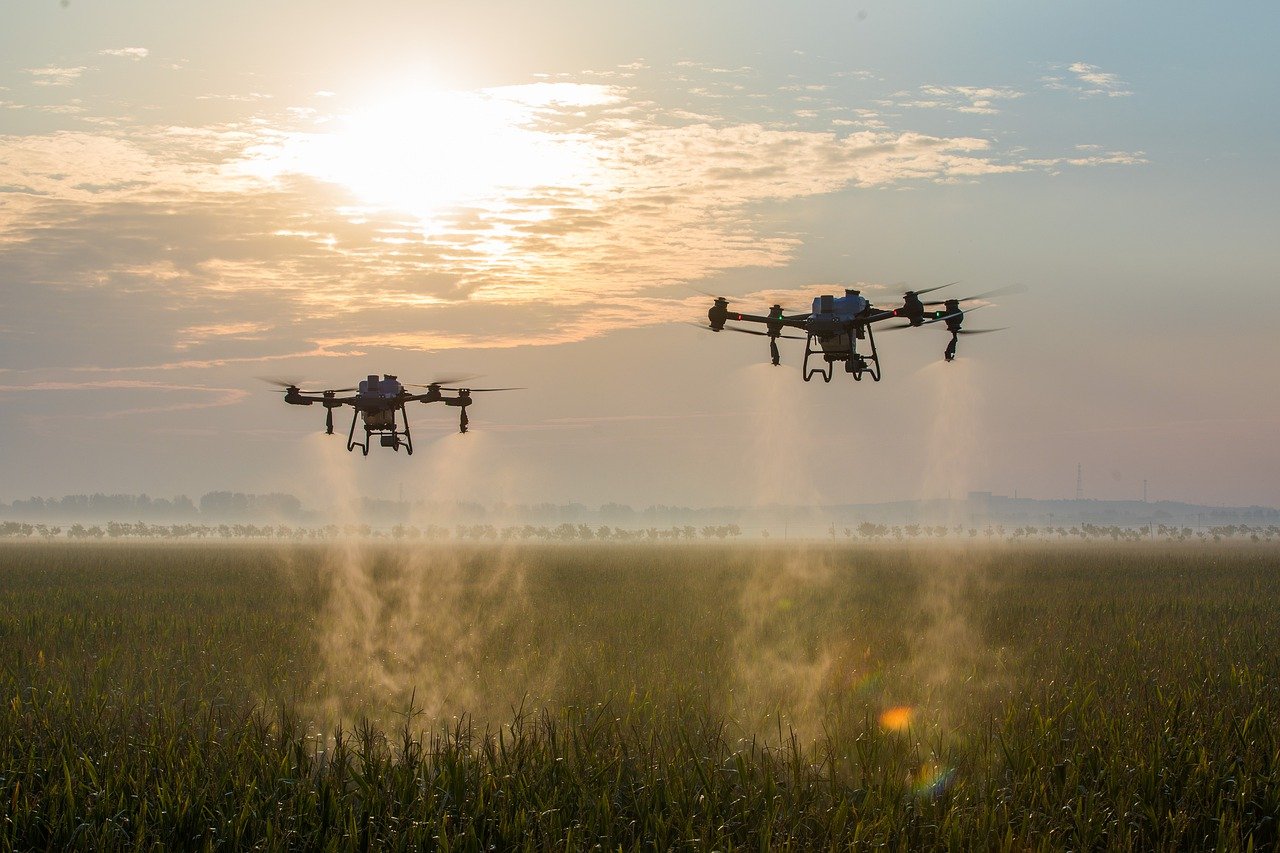Your cart is currently empty!


Aquaculture
Discover the pivotal role of aquaculture in enhancing Ethiopia’s food production capabilities, contributing to economic growth, and promoting sustainable practices.
•
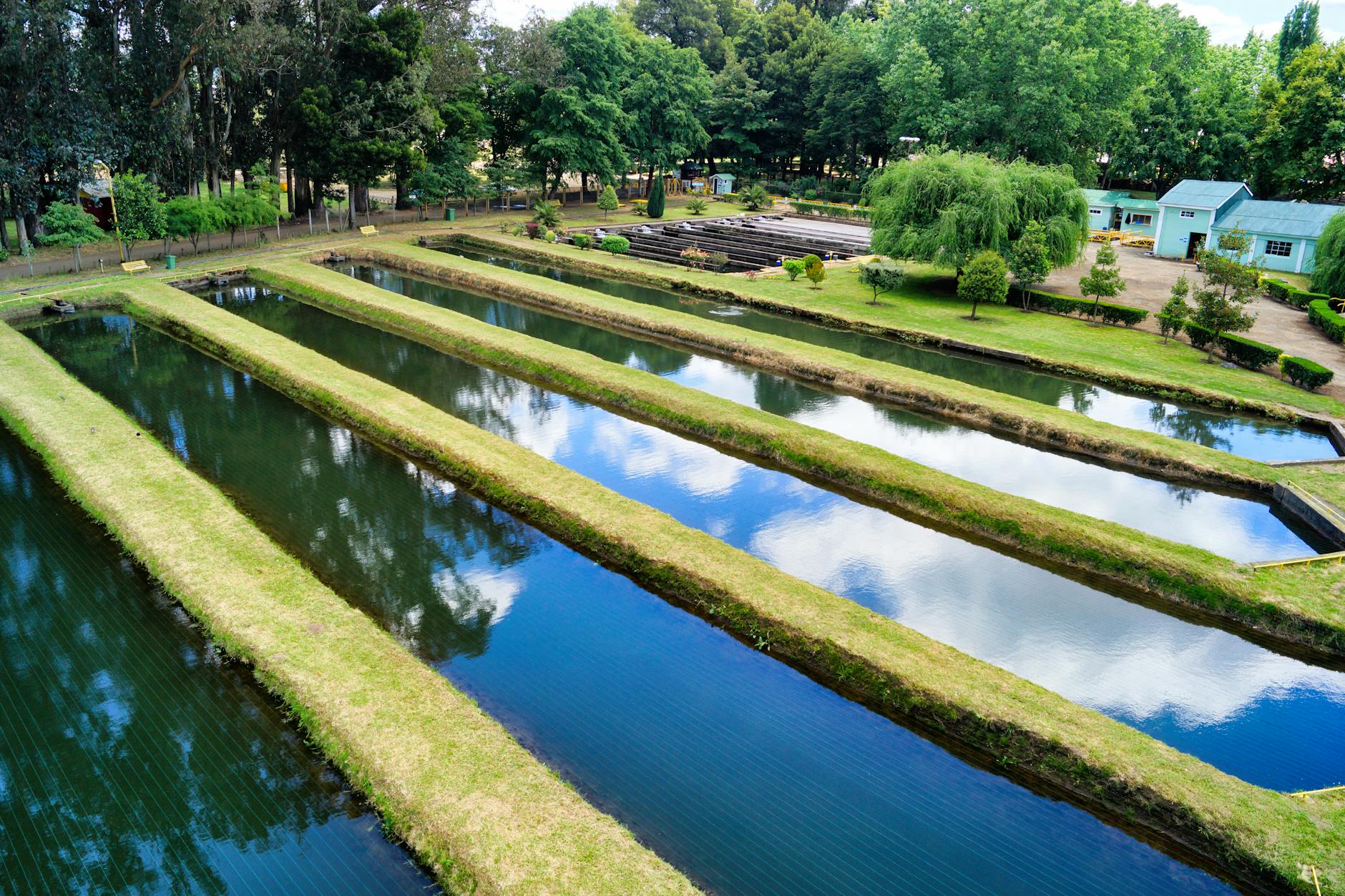
Aquaculture
Revolutionizing Food Security with Aquaculture in Ethiopia
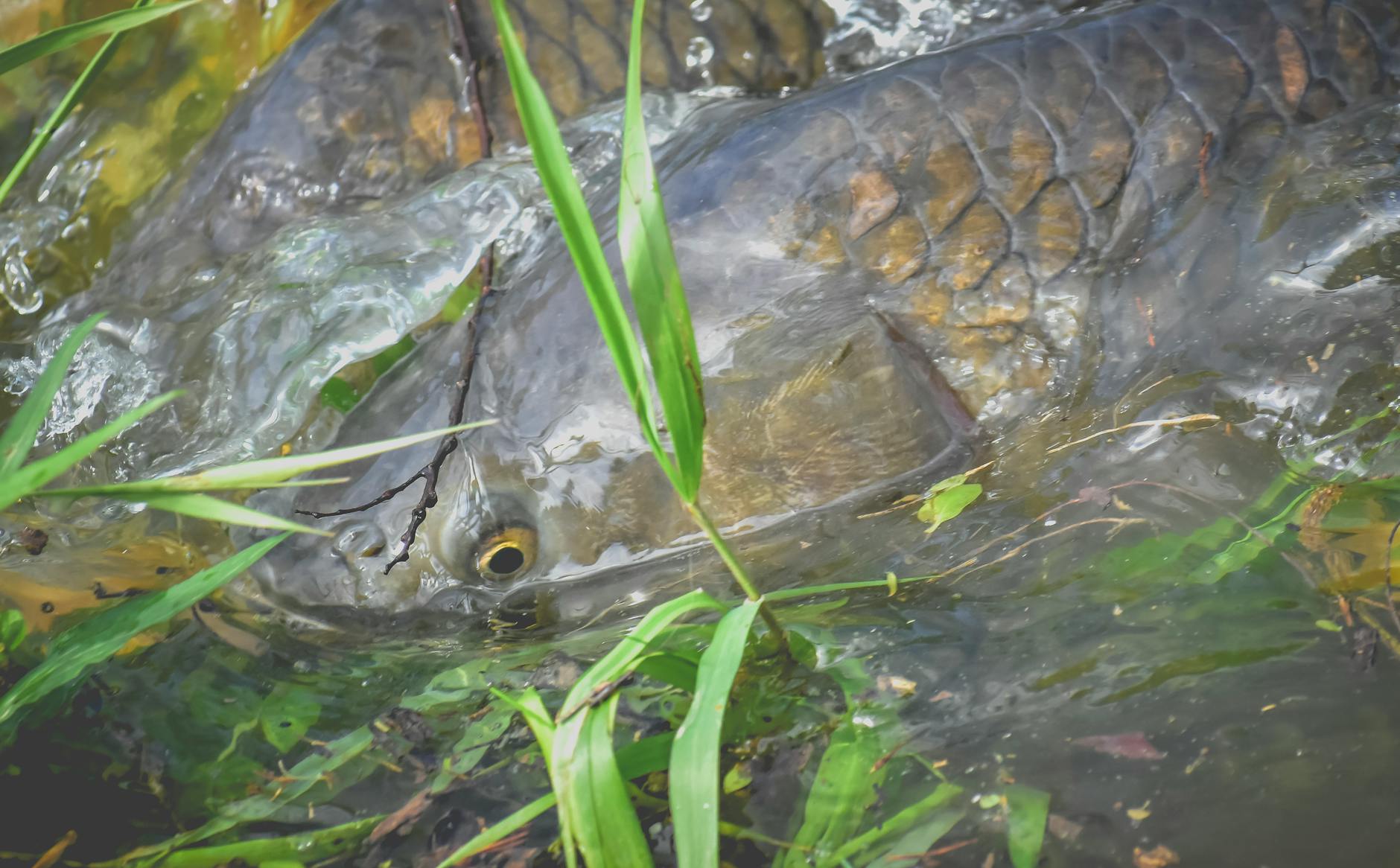
Aquaculture, or fish farming, is rapidly emerging as a key component of sustainable agriculture within Ethiopia and around the world.
This method of cultivating aquatic organisms in controlled environments offers a reliable source of protein, creates economic opportunities, and supports environmental conservation.
The Role of Aquaculture in Sustainable Agriculture
Aquaculture serves as a crucial strategy for enhancing food security, particularly in regions facing challenges like land depletion and water scarcity. Here are some of the primary benefits aquaculture brings to agriculture
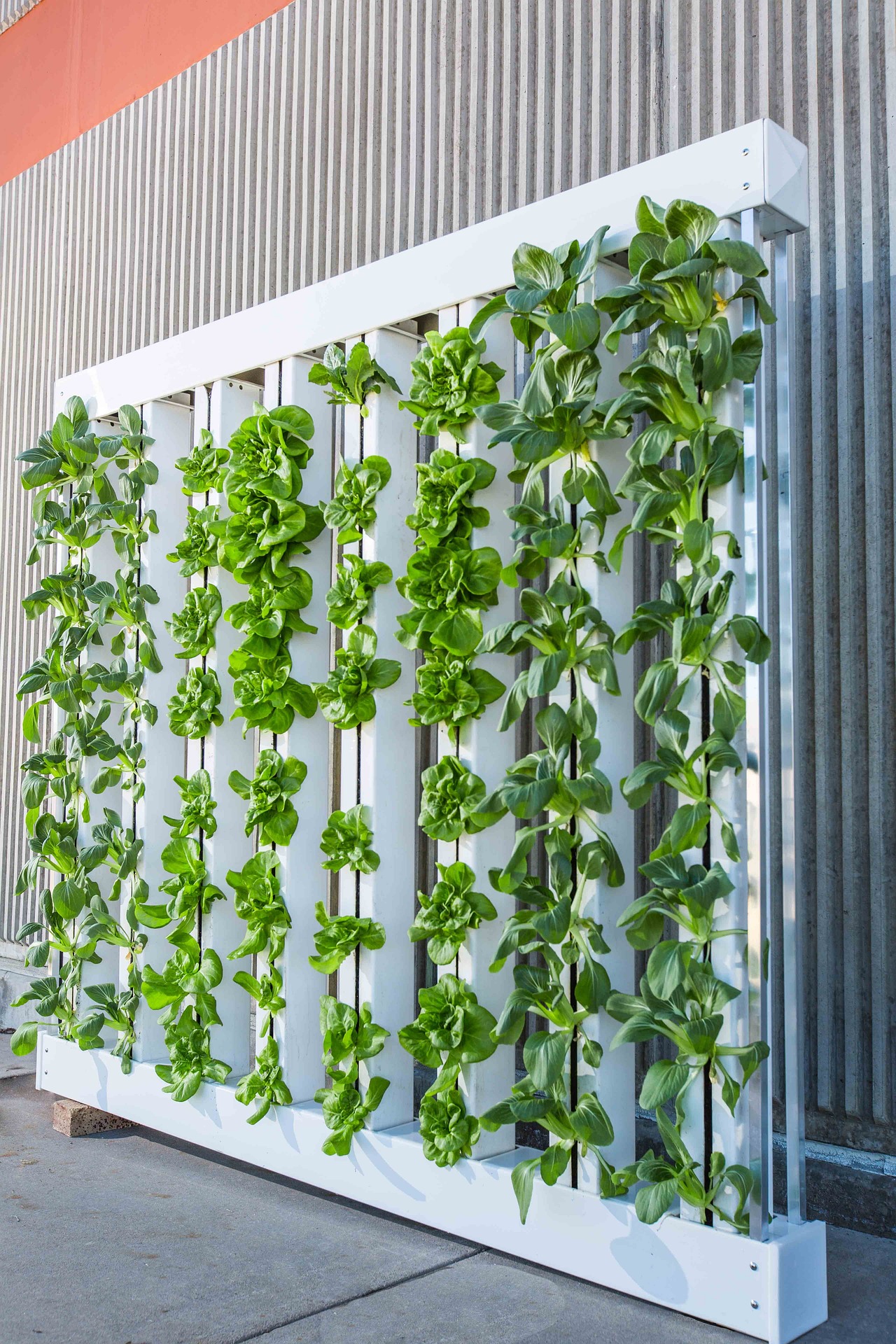
01
Sustainable Protein Source
Aquaculture provides a continuous, scalable source of high-quality protein that is less resource-intensive than livestock farming.
02
Resource Efficiency
This method of farming often uses less land and water than traditional agriculture, particularly with techniques like recirculating aquaculture systems (RAS) that reuse water.
03
Land Conservation
Aquaculture minimizes the use of land compared to traditional farming, allowing for less disruption of natural landscapes and ecosystems.
04
Enhancement of Ecosystems
Techniques like integrated multi-trophic aquaculture (IMTA) promote a balance in aquatic ecosystems, where the waste from one species is used as nutrients for another, creating a sustainable cycle.
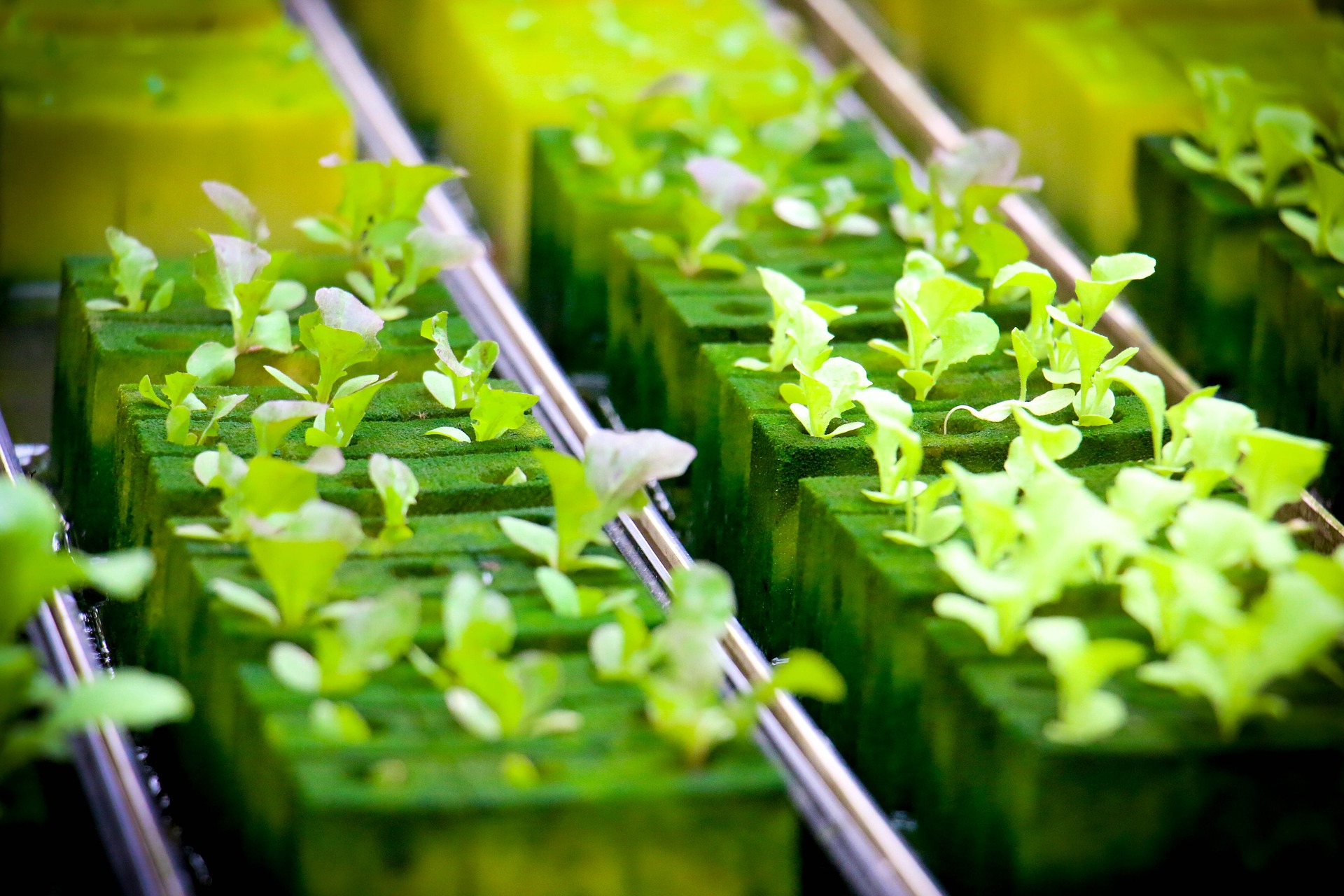
Expanded Insights on The Role of Aquaculture in Sustainable Agriculture
Aquaculture plays a pivotal role in sustainable agriculture by providing a dependable source of protein while using fewer natural resources compared to traditional livestock farming. This farming practice not only supports the conservation of terrestrial ecosystems by reducing the strain on land-based agriculture but also enhances biodiversity in aquatic environments. Aquaculture’s controlled settings prevent overfishing in wild populations and enable the replenishment of endangered species. Moreover, it facilitates the production of high-quality, nutritious food with minimal geographic constraints, offering a critical solution in areas unsuitable for conventional farming.
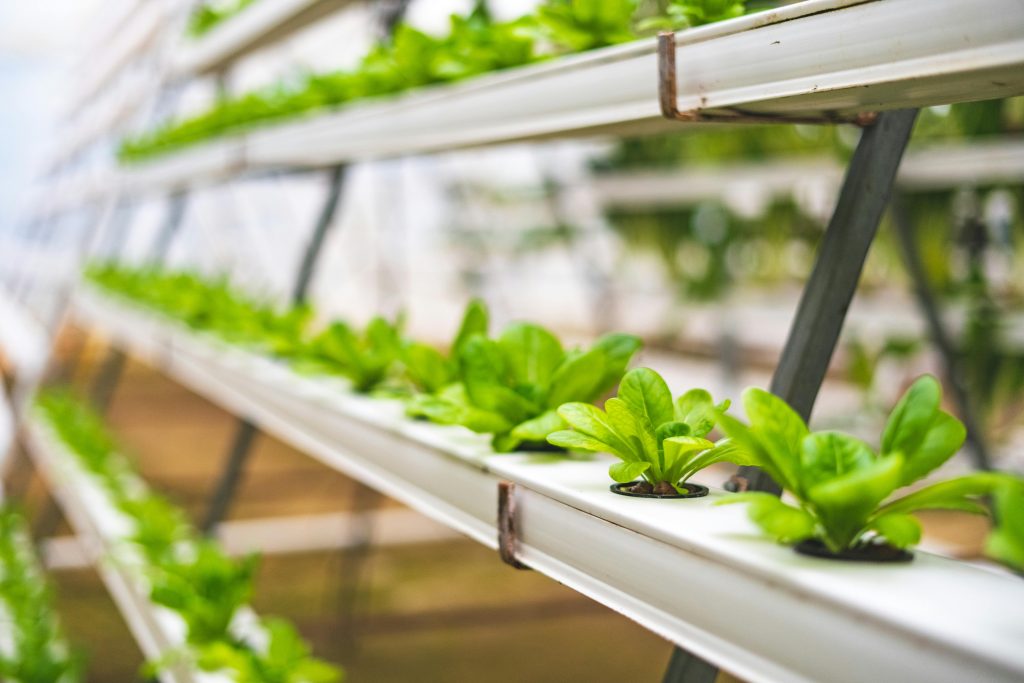
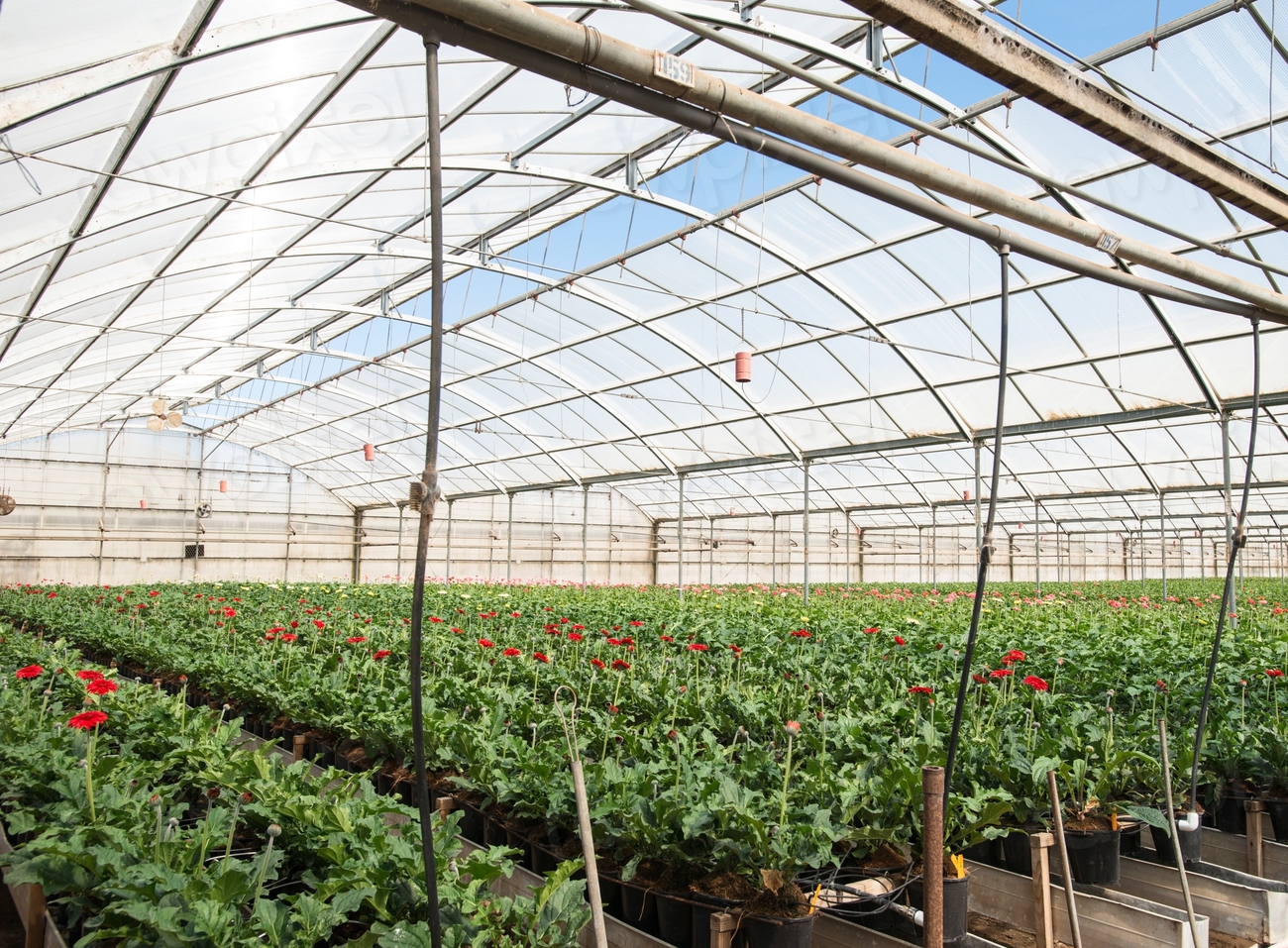
Aquaculture’s Impact in Ethiopia
Ethiopia’s adoption of aquaculture is motivated by the need to supplement its growing demand for food while combating environmental challenges:
Enhancing Food Security: With its high growth rate, aquaculture is becoming an increasingly important food source, helping to alleviate hunger and improve nutritional standards.
Boosting Economic Growth: The aquaculture industry creates new jobs and supports local economies by generating income for farmers and reducing the need to import fish.
Environmental Benefits: By integrating with agricultural systems, such as rice paddies, aquaculture can help enhance biodiversity and manage agricultural waste.
Global Success Stories in Aquaculture Countries across the globe have successfully harnessed aquaculture to bolster their food security and economic health:
- China: As the world leader in aquaculture, China utilizes advanced technologies and sustainable practices to produce over 60% of the world’s farmed fish.
- Norway: Known for its salmon farming, Norway has developed efficient aquaculture systems that are models of sustainability, combining economic profitability with environmental health.
- Bangladesh: By focusing on community-based fish farming, Bangladesh has significantly increased its fish production, which has led to improved local livelihoods and food security.
Promoting Community Engagement and Sustainability
Aquaculture’s rise in Ethiopia also emphasizes the importance of community involvement and sustainable practices:
- Community Training Programs: By educating local communities and farmers about aquaculture, Ethiopia can expand its workforce and improve farm management skills.
- Sustainable Practices: Implementing environmentally friendly aquaculture techniques, such as integrated multi-trophic aquaculture, helps preserve Ethiopia’s natural resources for future generations.
Aquaculture
Looking forward, the potential of aquaculture in Ethiopia is vast. With continued technological advancements, increased governmental support, and international cooperation, aquaculture could substantially contribute to Ethiopia’s goals of achieving food security and economic stability. As the country harnesses these new agricultural technologies, it will set a precedent for sustainable growth and resilience in the face of global challenges.
Aquaculture not only offers a pathway to enhance Ethiopia’s food production capabilities but also aligns with broader goals of sustainability and economic development, making it a key component of the nation’s future agricultural strategy.
Get InTouch
Interested in learning more about our innovative farming solutions or have a question about aquaponics and hydroponics? Don’t hesitate to reach out! Contact us today, and let’s cultivate a sustainable future together. Your inquiries inspire our advancements.

